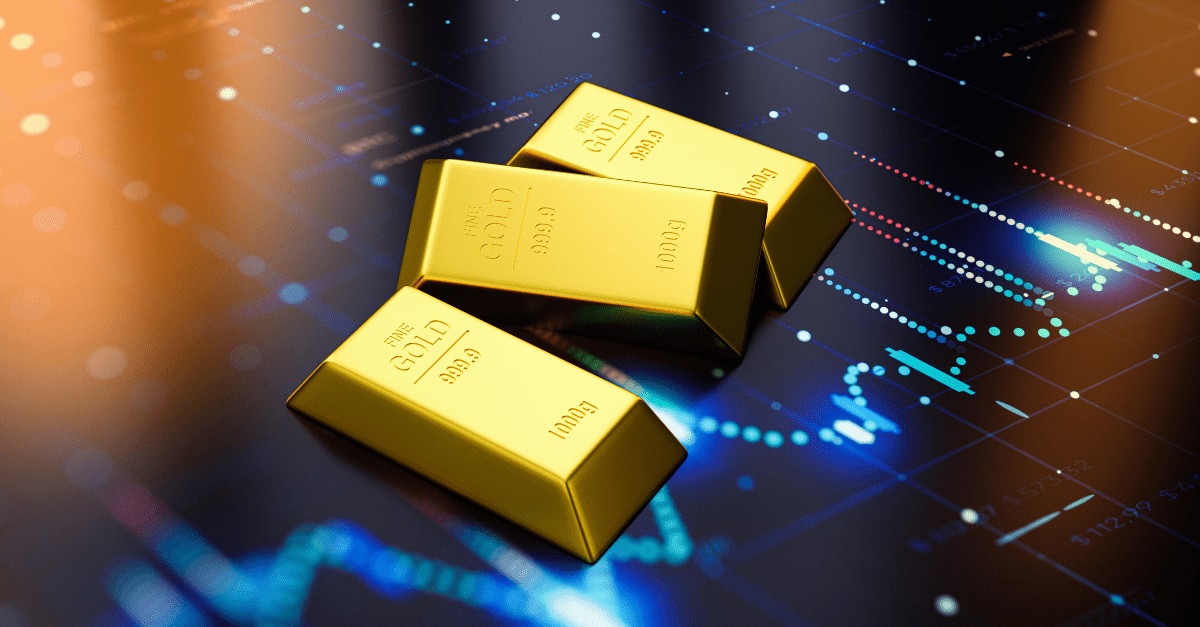Gold has long been revered as a symbol of wealth and a safe haven during times of economic uncertainty. Its allure transcends cultures and generations, making it a staple in investment portfolios around the world. The practice of gold trading has evolved significantly with advancements in technology and the globalization of financial markets. Today, traders can access global gold markets with ease, but with this accessibility comes the challenge of navigating the impact of global economic events on gold prices.
Understanding Gold’s Role in the Global Economy
Gold’s intrinsic value is rooted in its physical properties and its scarcity. Unlike fiat currencies, which can be printed by governments in unlimited quantities, the supply of gold is finite. This scarcity, combined with its durability and the ease with which it can be melted, shaped, and measured, has made gold a trusted store of value and medium of exchange for thousands of years.
In the global economy, gold serves several key functions:
- Safe Haven Asset: Investors often turn to gold during times of financial instability or geopolitical tension. Gold is perceived as a stable store of value when other assets appear risky.
- Inflation Hedge: Gold is often sought after as a hedge against inflation. As the cost of living increases, the value of gold tends to rise along with it, preserving the purchasing power of investors.
- Diversification Tool: Gold typically has a low correlation with other financial assets, making it an excellent tool for portfolio diversification. Adding gold to a portfolio can reduce volatility and risk.
The Influence of Global Economic Events on Gold Trading
Several types of global economic events can have a profound impact on gold trading. Understanding these events is crucial for traders looking to capitalize on fluctuations in gold prices.
Monetary Policy Changes
Central banks play a pivotal role in the global economy, and their monetary policy decisions can significantly affect gold prices. For instance, when central banks lower interest rates, traditional interest-bearing assets become less attractive, leading investors to seek alternative stores of value like gold. Conversely, when interest rates are raised, the opportunity cost of holding gold increases, potentially dampening demand.
Economic Indicators
Economic indicators such as GDP growth rates, employment figures, and inflation rates can also influence gold trading. High inflation rates, in particular, can drive up the demand for gold as investors look for ways to protect their purchasing power. Similarly, weak economic indicators may lead to increased gold buying as investors seek safety.
Geopolitical Tensions
Geopolitical events such as wars, terrorist attacks, and political instability can create uncertainty in global markets. In such times, investors often flock to gold as a safe haven, driving up its price. The impact of these events on gold trading can be swift and dramatic.
Currency Fluctuations
The value of gold is often inversely related to the strength of the U.S. dollar. A weaker dollar makes gold cheaper for holders of other currencies, potentially increasing demand. Conversely, a strong dollar can make gold more expensive and less attractive to foreign investors.
Strategies for Trading Gold Amidst Global Economic Events
Navigating the gold market requires a keen understanding of how global economic events affect gold prices. Here are some strategies traders can employ:
Stay Informed
Keeping abreast of global economic news and events is essential. This means monitoring central bank announcements, economic indicators, geopolitical developments, and currency movements. Informed traders can anticipate market shifts and position themselves accordingly.
Technical and Fundamental Analysis
Successful gold trading often involves a combination of technical and fundamental analysis. Technical analysis can help identify trends and potential entry and exit points, while fundamental analysis can provide a broader understanding of the factors driving gold prices.
Risk Management
Given the volatility of gold prices, especially during significant global events, effective risk management is vital. This includes setting stop-loss orders to limit potential losses and only investing capital that one can afford to lose.
Diversification
While gold can be a safe haven, it should not be the sole focus of an investment strategy. Diversifying across different asset classes can help manage overall risk and ensure a more stable portfolio performance over time.
The Path Forward for Gold Traders
Global economic events will continue to shape the landscape of gold trading. By understanding the complex interplay between gold and the global economy, traders can develop strategies to navigate this ever-changing market. Whether through careful analysis, risk management, or diversification, the opportunities for informed gold trading are plentiful.
Engaging with reputable trading platforms and resources, such as Vantage Markets, can enhance traders’ ability to make informed decisions and capitalize on the movements in the gold market. With the right approach and a deep understanding of how global economic events impact gold prices, traders can position themselves to take advantage of the golden opportunities that lie ahead.









